The Technological Revolution: How Artificial Intelligence is Changing the World
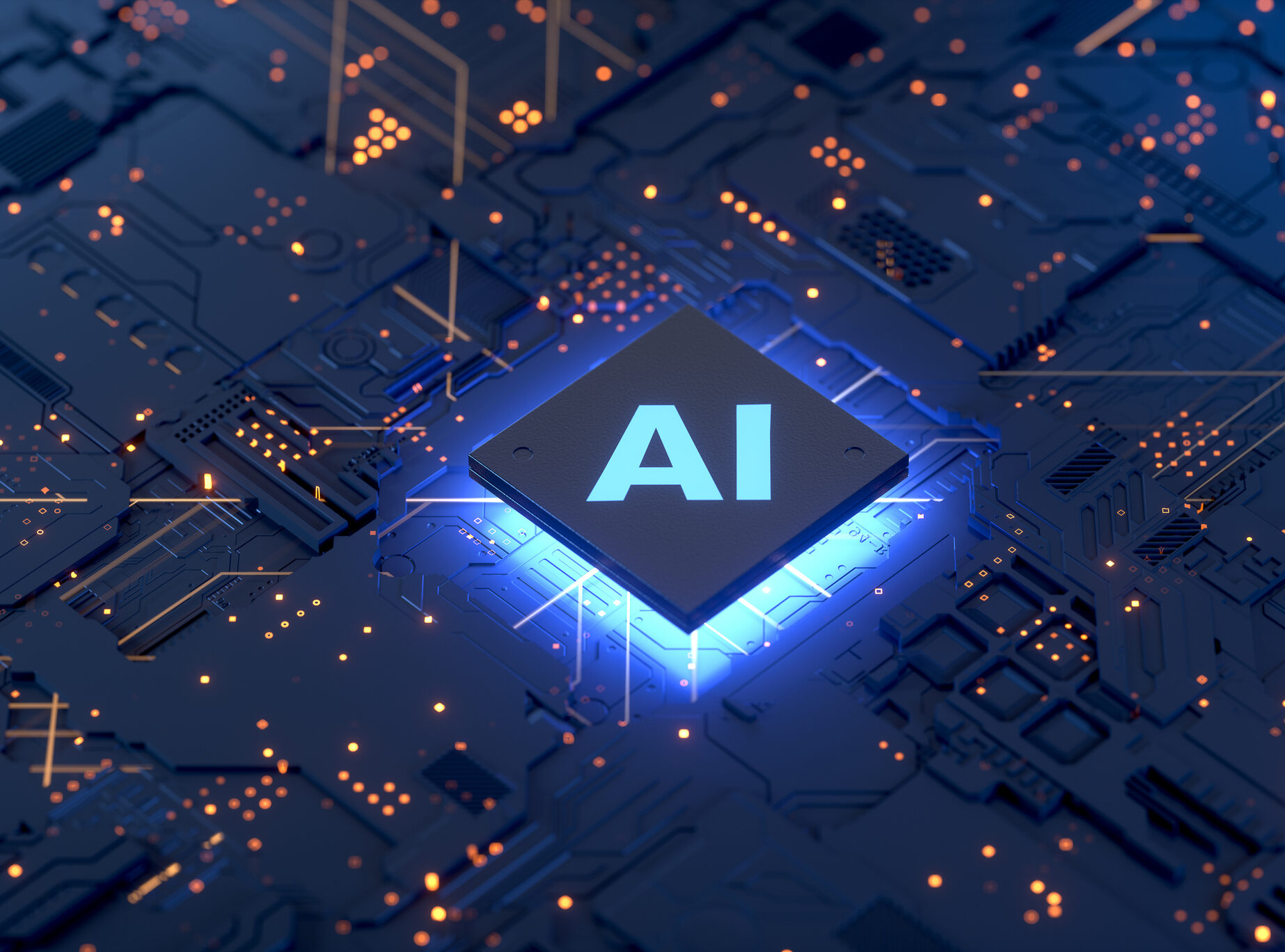
In recent years, artificial intelligence (AI) has taken the world by storm. From smartphones and voice assistants to driverless cars and automated factories, AI has quietly (and sometimes not so quietly) slipped into nearly every corner of our lives. It’s like a helpful little robot that you didn’t invite to the party but who’s now organizing everything—from your playlist to your shopping lists. Whether we’re aware of it or not, AI is transforming the way we live, work, and even think. But how exactly is this cutting-edge technology reshaping our world? Let’s explore the revolution AI is leading—with a wink and a smile along the way.
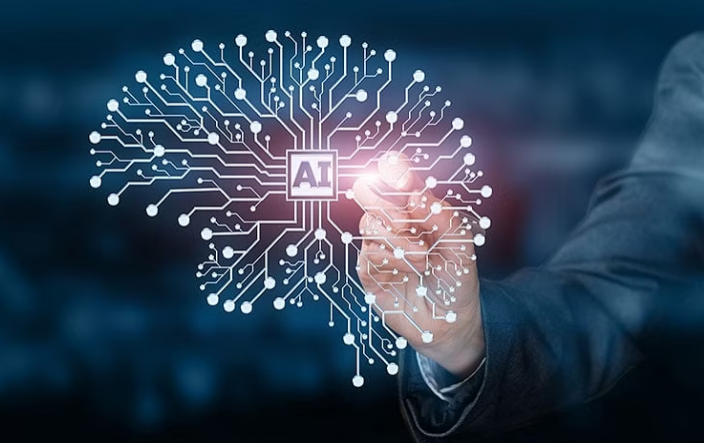
AI: Not Just for Science Fiction Anymore
When we think of AI, many of us might still picture robot armies from sci-fi movies like The Terminator or The Matrix. Fortunately (or maybe unfortunately for those who love action-packed apocalyptic futures), AI isn’t plotting to take over the world—at least not yet. Instead, AI is now an essential tool that helps businesses, governments, and individuals become more efficient. It analyzes data, learns from patterns, and makes decisions faster than we ever could.
For instance, AI is at the heart of predictive algorithms. When you open Netflix, and it shows you the perfect series to binge-watch next, that’s AI flexing its muscles. When Amazon suggests items that seem eerily spot-on, it’s AI reading your mind—or, more accurately, reading your buying habits. AI doesn’t sleep, doesn’t need coffee breaks, and is always ready to make your digital experience smoother. So, while we’re not quite living in a Star Trek future with android companions, we’re definitely in the age of AI-powered personal assistants—minus the spaceship.
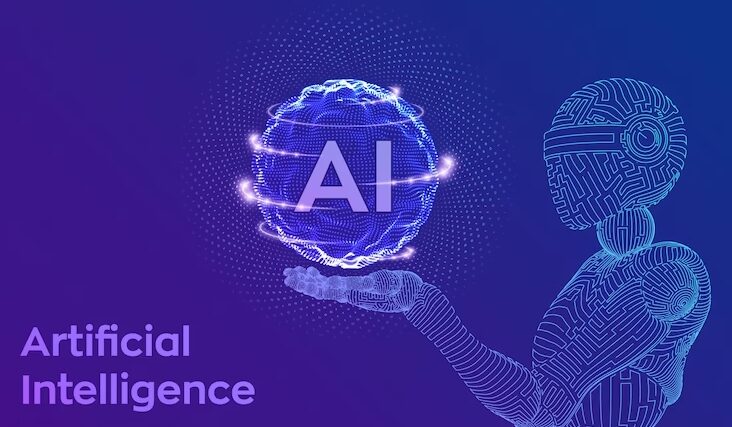
Artificial Intelligence in Healthcare: The Doctor Will See You Now… Virtually
One of the most exciting fields that AI is revolutionizing is healthcare. It’s giving doctors, researchers, and hospitals superpowers (metaphorically speaking, of course). AI has proven its worth in diagnosing diseases, predicting patient outcomes, and even assisting in surgeries. Some of the advancements would make you think AI has been secretly reading through all the Grey’s Anatomy episodes on the side.
Take IBM’s Watson, for example. This AI system can sift through millions of medical studies in minutes, offering doctors the latest insights that can help them make more accurate diagnoses and treatment plans. Then there are AI-powered robots that assist surgeons in performing precise operations. These bots are like the ultimate surgical sidekick—steady hands and no chance of them sneezing at a critical moment.
What’s more, AI is improving patient care by predicting health issues before they become serious. Wearable devices powered by AI can monitor vital signs in real-time, sending alerts to doctors if something goes awry. So, in a way, AI is like a hyper-alert healthcare professional—always watching over you, but in a non-creepy, caring way.
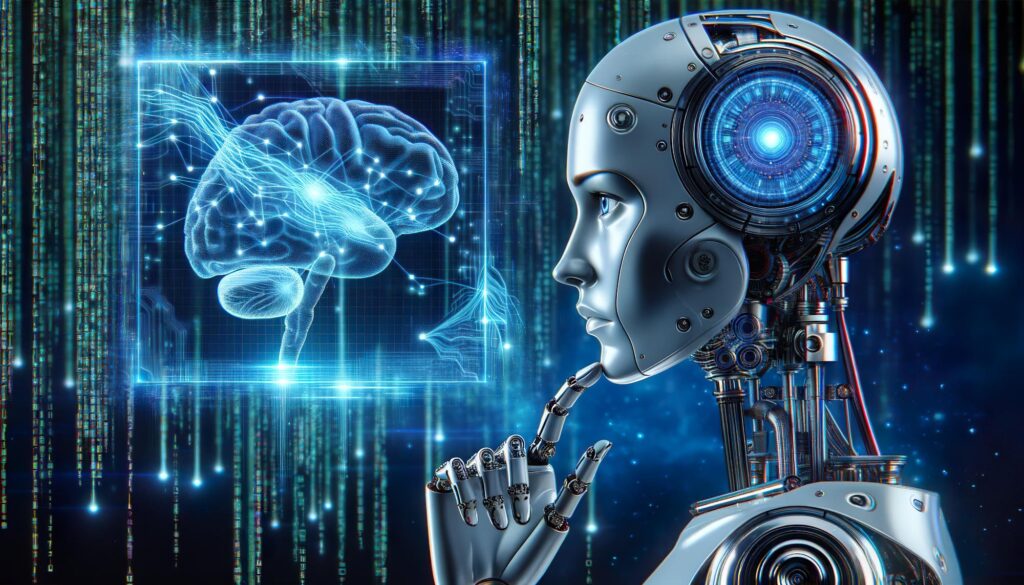
AI and Jobs: Your New Coworker Might Be a Robot
Ah, the age-old question: Is AI going to steal our jobs? The short answer is… sort of, but not in the evil robot overlord way. While some jobs will inevitably be replaced by automation (goodbye, repetitive tasks), AI is also creating new opportunities and enhancing many existing jobs. Think of it less as “AI taking over” and more as “AI giving a helping hand.” Sure, it might be a very strong, tireless hand that never complains, but hey, that’s a good thing, right?
In many industries, AI is streamlining processes, allowing humans to focus on more creative and strategic tasks. For example, AI helps lawyers sift through massive amounts of legal documents, freeing them to focus on complex cases. In manufacturing, AI-driven robots are taking care of repetitive and potentially dangerous tasks, allowing human workers to engage in more sophisticated roles like overseeing operations or fixing the robots (talk about job security!).
And let’s not forget the creative sector. AI is dabbling in music, art, and even writing (hey, wait a second, should I be worried?). There are AI systems that compose music, design artwork, and write poetry, all while collaborating with human creators. So, instead of stealing jobs, AI is often becoming a collaborative partner—a nerdy colleague with a flair for data who can handle the heavy lifting while you focus on the fun stuff.
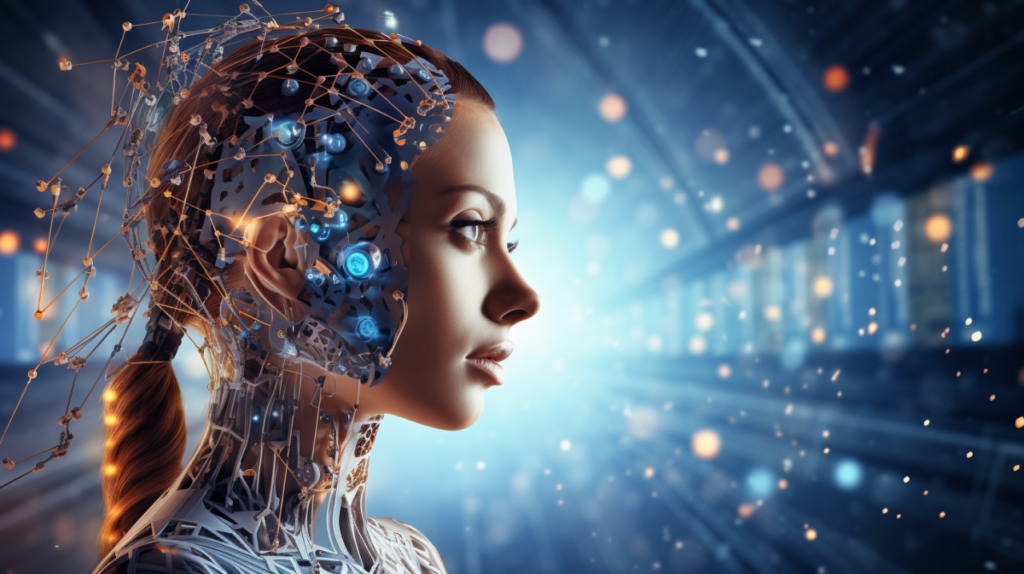
Transportation: AI Takes the Wheel (Literally)
The future of transportation is increasingly AI-driven, and it’s making our commutes and road trips a whole lot more interesting. Self-driving cars, once a far-off dream, are now closer to being a daily reality. Companies like Tesla, Waymo, and Uber are heavily investing in autonomous vehicle technology, which promises to reduce accidents, ease traffic congestion, and allow us to catch up on our favorite podcasts during commutes instead of gripping the steering wheel with white-knuckled determination.
AI doesn’t stop at cars. AI is being implemented in air traffic control, shipping logistics, and even space exploration. Have you ever wondered how a global shipping company can manage to send your package from across the world in just a few days? AI, baby. AI’s ability to optimize routes, predict maintenance needs, and minimize human error is what keeps the wheels (or wings) turning smoothly.
Of course, there are still challenges to overcome. For instance, as much as we’d all love to have our cars drive us around while we kick back, there are still concerns about safety, ethical decision-making (like, what happens if the car has to choose between hitting a pedestrian or a tree?), and the integration of self-driving vehicles with traditional cars. But make no mistake—AI is in the driver’s seat, and it’s steering us toward a future where transportation is safer, smarter, and way more futuristic than a regular old minivan.
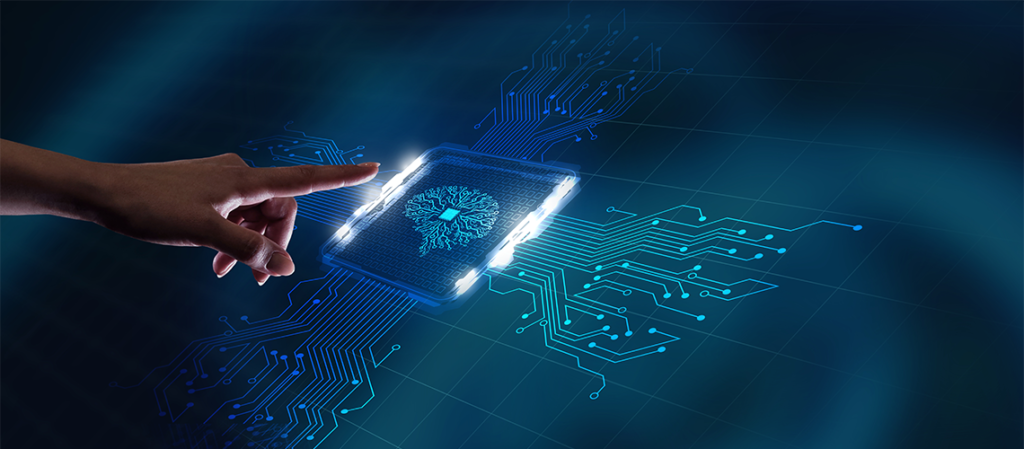
Artificial Intelligence in Entertainment: Lights, Camera, Algorithms!
Entertainment has also received a major AI upgrade. From Hollywood blockbusters to TikTok videos, AI is reshaping the way content is created, consumed, and even distributed. You might be thinking, “Wait, AI can make movies now?” Well, yes and no. AI can certainly assist in the process, whether by generating CGI characters, creating trailers, or even writing scripts. But it hasn’t quite mastered the art of storytelling yet. (Don’t worry, screenwriters—your jobs are safe for now.)
But where AI shines is in the realm of content recommendation. Have you ever found yourself falling down a YouTube rabbit hole, watching hours of content you didn’t even know you wanted to see? You can thank AI for that. Streaming services, social media platforms, and even gaming companies use AI to personalize your experience, recommending content based on your preferences. AI algorithms analyze your viewing habits, likes, and shares to tailor the content you see, creating a kind of digital concierge that always knows what you want to watch next.
In gaming, AI has leveled up too. It’s used not just to power in-game characters, but also to adjust difficulty levels based on your performance, making sure you’re constantly challenged without getting frustrated (because no one likes a rage-quit). AI even helps developers test games, finding bugs faster than any human could.
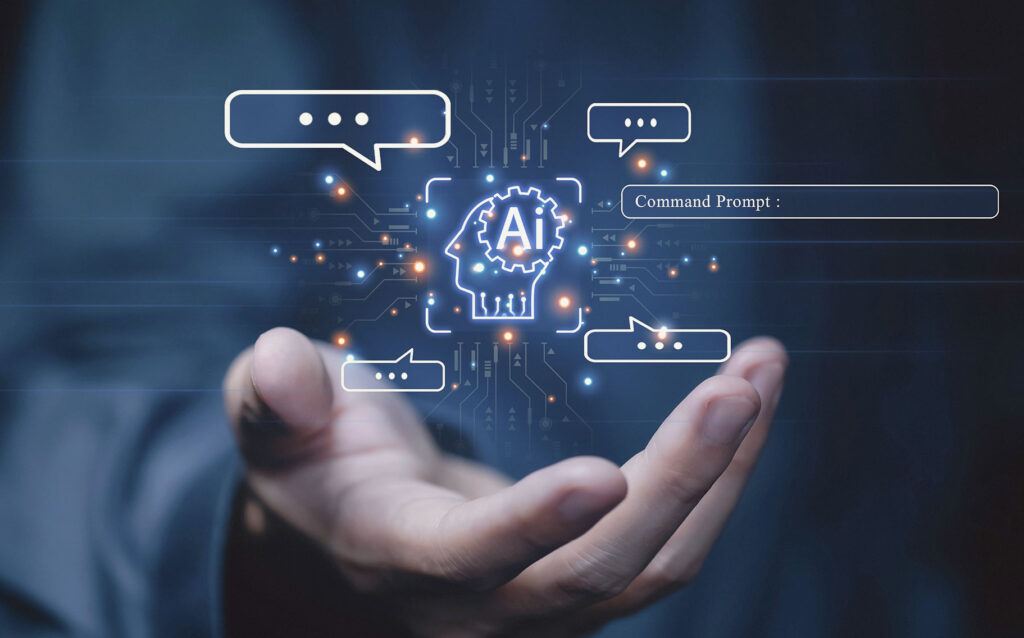
AI in Our Homes: From Smart Lights to Smart Lives
Artificial Intelligence is making our homes smarter—perhaps smarter than we are on some days. Home assistants like Amazon Alexa, Google Assistant, and Apple’s Siri are becoming the brains behind our living spaces. Whether it’s adjusting the thermostat, turning off the lights, playing your favorite tunes, or reminding you to pick up groceries, these AI-powered helpers are turning our homes into fully functional smart ecosystems. It’s like having a butler who doesn’t need a salary or sleep.
But while it’s incredibly cool to command your lights to dim with just your voice, there’s also a bit of a learning curve. Who hasn’t had a moment where you’re yelling at your assistant to “turn off the kitchen lights” only to be left standing in a still-illuminated room because it didn’t quite understand you? AI may be smart, but it’s still learning—and sometimes that’s a comedy of errors.
The Future: Is AI Going to Rule Us All?
So, where does this leave us? Is AI going to become our benevolent ruler, guiding humanity into a future of endless convenience, or will we end up as unwitting servants to our algorithmic overlords? The truth, as usual, lies somewhere in the middle. AI is undoubtedly a powerful tool that is reshaping our world, but it’s still a tool—one that we control (for now, anyway).
The AI revolution promises to make our lives easier, our jobs more engaging, and our world more interconnected. But it’s essential to approach this brave new world with a mix of excitement and caution. AI isn’t infallible, and neither are the people who create it. As we embrace AI’s benefits, we must also be mindful of its limitations, biases, and the ethical implications of its widespread use.
In the end, AI is here to stay, and whether you’re ready to roll out the red carpet or hide your toaster from becoming sentient, one thing is clear: AI is going to keep changing the world—one funny, futuristic, and sometimes frustrating moment at a time.
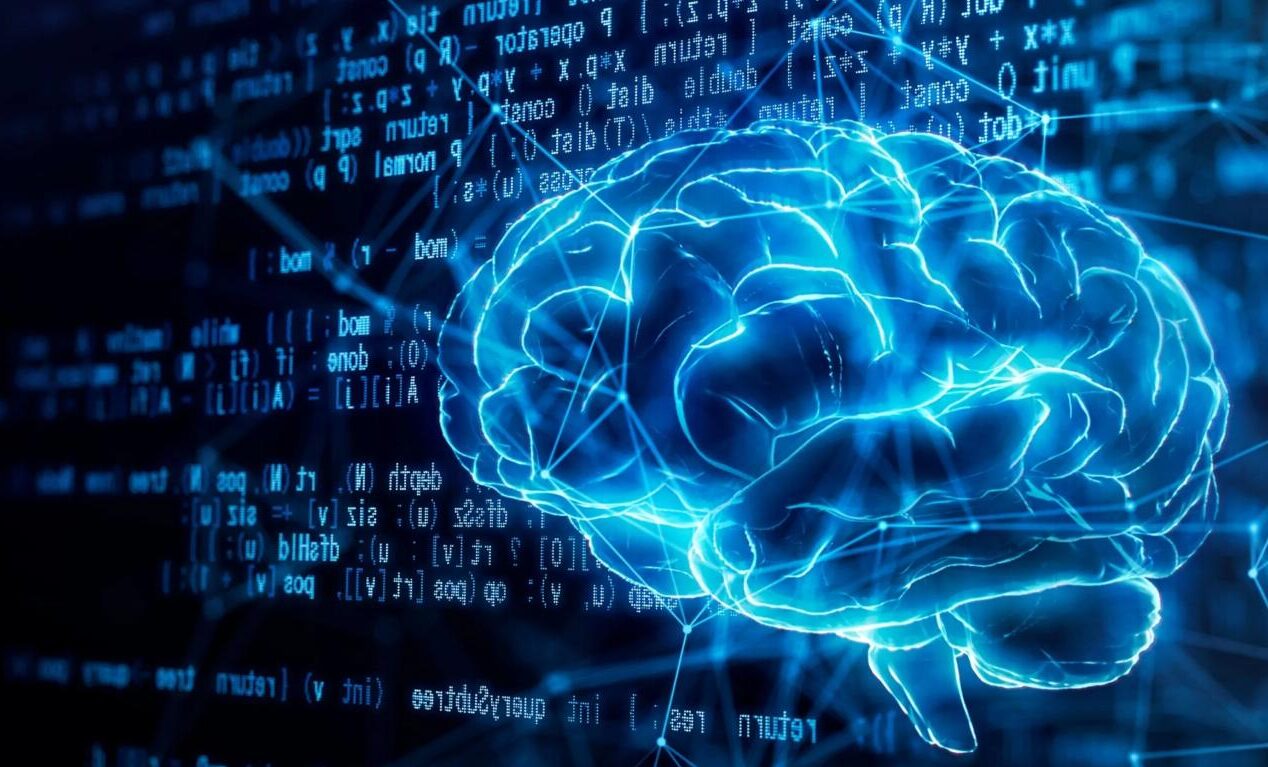
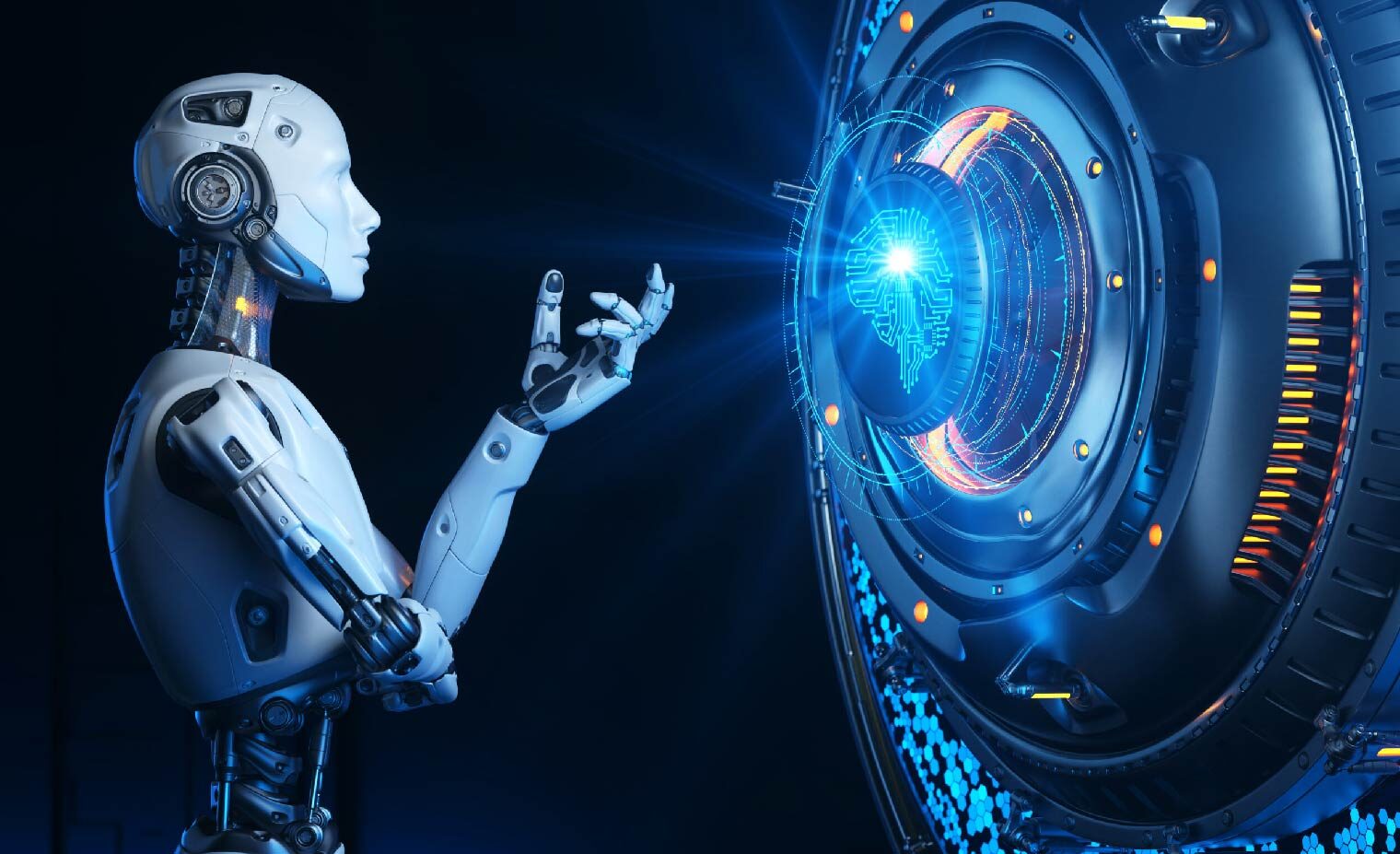
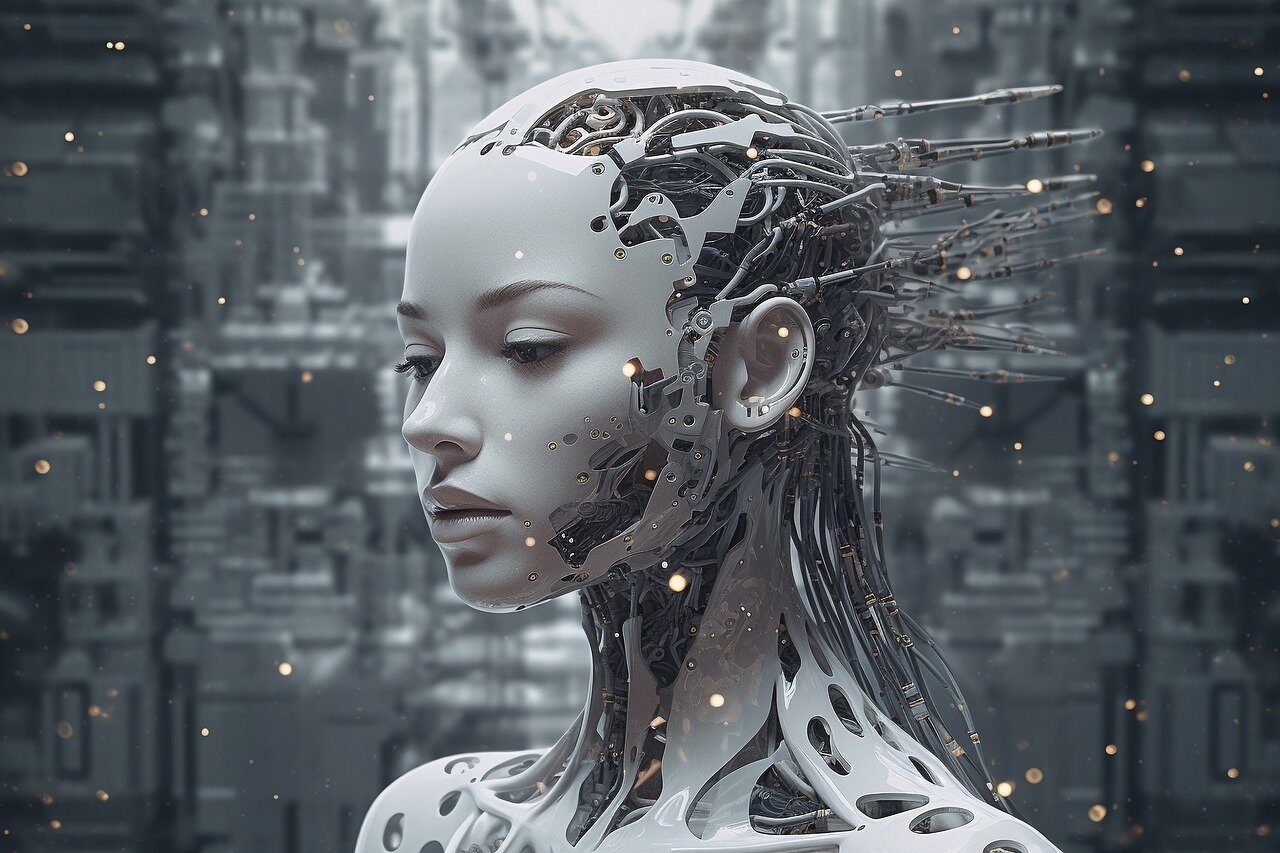
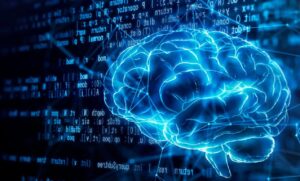
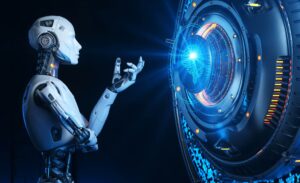
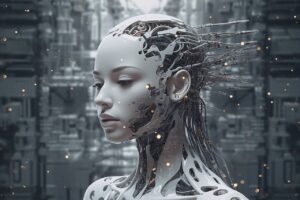
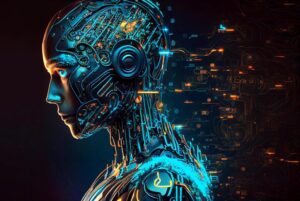

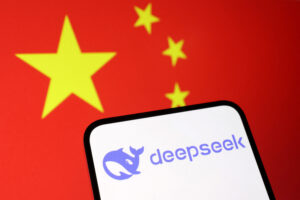
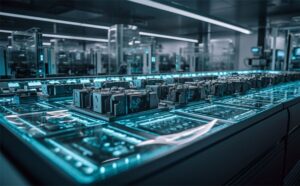


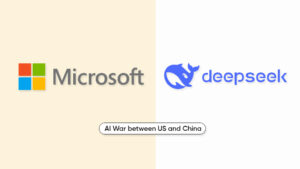
Post Comment